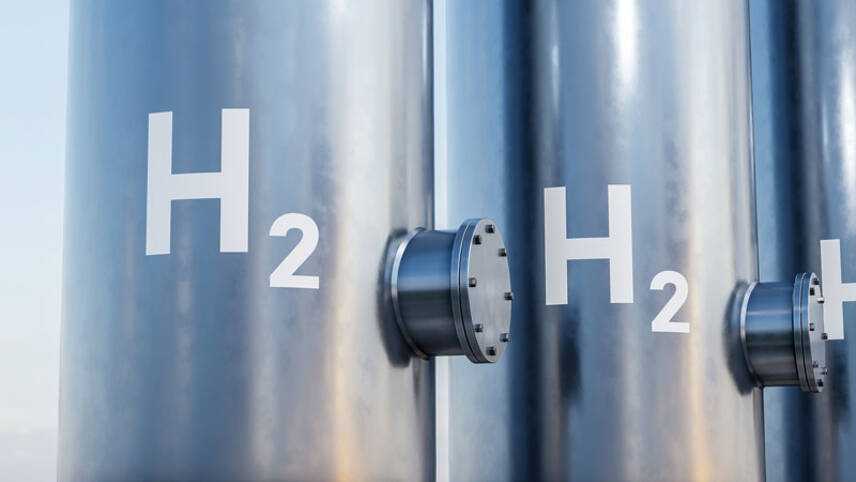Register for free and continue reading
Join our growing army of changemakers and get unlimited access to our premium content

When the Energy Bill returned to Parliament after a pause during two rapid changes in Prime Minister last year, a new addition was a proposed tax on commercial and energy bills, to be used to fund hydrogen research and infrastructure.
The so-called Hydrogen Levy was slated to come into effect in 2025 – a year before the Government will make a decision on the role that hydrogen will play in heating buildings.
The proposal, led by Grant Shapps, proved widely unpopular. Opponents asked why homes and businesses should pay for hydrogen if it may never be supplied to their premises. There was, additionally, uproar about adding to bills during the cost-of-living crisis.
These concerns were raised by Tories as well as Labour, Lib Dem and Green Party players. Conservatives opposing the levy included Jacob Rees-Mogg, former Business and Energy Secretary.
Shapps has now stated that the Government will need to look at hydrogen funding options that are “further up the chain” to avoid “unnecessarily” burdening bill-payers.
He told the Telegraph this weekend: “We know we need to fund this transition, but we don’t want to do it through household levies.”
The Energy Bill is currently passing through Parliament. Two sittings will be held this week – one on Tuesday (27 June) and one on Thursday (29 June). We may well see new wording on hydrogen this week.
By 2030, the UK is aiming to host 10GW of low-carbon hydrogen generation. This covers both green hydrogen, produced by running water through an electrolyser served by renewable energy, and some forms of blue hydrogen. Blue hydrogen is produced by processing natural gas and capturing the majority of process emissions using man-made technology.
Where should hydrogen be used?
The debate around where hydrogen should best be used to accelerate decarbonisation and boost the UK’s economy rages on.
Gas networks and producers are, of course, keen to promote blending in heating to boost their business case. But MPs on the Science and Technology Committee warned Ministers late last year that hydrogen will likely have a “specific but limited” role in decarbonising the economy, both as a means of energy storage and a way to decarbonise technologies for which there are no electrified alternatives at present.
This same conclusion has been reached by the International Renewable Energy Agency (IRENA) and think-tank E3G.
Speaking exclusively to edie, Hydrogen UK’s chief executive Clare Jackson said: “The main thing from a use perspective is that we need to get hydrogen going in the industrial sectors and heavy-duty transport – the sectors where we have no other credible options, or no other affordable options.”
For home heating, she added, “there are lots of different options and we’re going to need all of them”. She called for the deployment of heat pumps “as quickly as humanly possible” while research and testing on hydrogen heating continues.
In this case, there would be no practical case for a hydrogen levy on bills before 2026, in case homes and businesses never end up using hydrogen blends for heating.
But, should a levy have been used, Jackson expressed concerns that media reports of the potential costs had been exaggerated. Some national news outlets had cited £200 – £250 per year, per household.
She said: “I must say that our calculations would put nowhere near £200 on a bill… and we’re not going to see a huge burden on energy bills in the next decade.”
After the decade, she added, hydrogen costs should come down as the industry scales. Green hydrogen currently costs around $5 per kilo and blue a little over $3 per kilo. The UK is part of an international collaboration targeting a $2 per kilo cost, for both, by the early 2030s.
Without a levy, the industry is now, understandably, asking for more details on the options Shapps and his team are assessing. Jackson is urging the creation of a “sufficiently flexible and robust mechanism” to be confirmed “as soon as possible”.


Please login or Register to leave a comment.